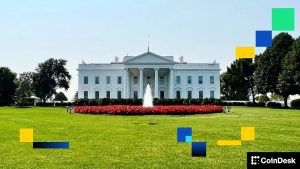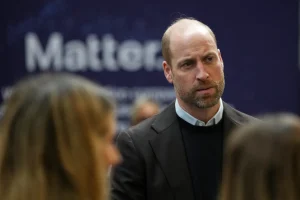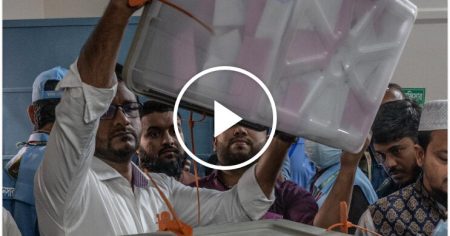Donald Trump’s cabinet selections during his presidency offered a stark reflection of the evolving state of the Republican Party, revealing a shift away from traditional conservative principles and expertise towards a blend of populism, loyalty, and ideological flexibility. While some appointees possessed conventional credentials, many others represented a departure from established norms, highlighting the party’s internal struggle between its established wing and the burgeoning populist movement that Trump championed. This dynamic resulted in a cabinet marked by frequent turnover, internal conflicts, and policy shifts that often contradicted longstanding Republican orthodoxy.
Several factors contributed to this unconventional cabinet composition. Firstly, Trump’s outsider status within the Republican Party meant he lacked the deep network of established policy professionals and experienced administrators that traditionally populated presidential cabinets. This compelled him to draw from a wider pool, including business leaders, media personalities, and loyalists with limited government experience. Secondly, Trump’s populist appeal rested on a rejection of the “establishment,” which included many traditional Republican figures. This created an incentive to appoint individuals who shared his anti-establishment rhetoric and who were perceived as being untainted by the Washington political machine. Finally, Trump’s personalized style of leadership prioritized loyalty above all else. This led to appointments based on personal connections and perceived allegiance rather than solely on qualifications or policy expertise.
The consequences of this cabinet composition were multifaceted. The lack of experience and expertise in many key positions led to policy inconsistencies and implementation challenges. The high turnover rate, driven by resignations, firings, and internal conflicts, created instability and hampered the administration’s ability to pursue a coherent agenda. Furthermore, the emphasis on loyalty over expertise often resulted in a susceptibility to political influence and a diminished capacity for independent analysis and dissent within the cabinet. This created an environment where policy decisions were often driven by political considerations rather than evidence-based analysis or long-term strategic planning.
The composition of Trump’s cabinet also highlighted the ideological fluidity within the Republican Party. While some appointees held traditional conservative views on issues like fiscal policy and national security, others represented more populist or nationalist perspectives. This ideological diversity often led to internal tensions and policy clashes, reflecting the broader struggle within the Republican Party to define its identity and direction in the Trump era. The appointment of individuals with limited experience in government and a strong allegiance to Trump underscored the party’s increasing reliance on personality-driven politics rather than traditional policy platforms.
The long-term implications of Trump’s cabinet selections for the Republican Party are still unfolding. On the one hand, the elevation of populist figures and the marginalization of traditional conservatives may have accelerated the party’s shift away from its established principles and towards a more nationalist and populist orientation. On the other hand, the tumultuous nature of Trump’s presidency and the mixed results of his administration’s policies could lead to a reassessment within the party and a potential return to more traditional conservative values. The experience of the Trump cabinet could also serve as a cautionary tale regarding the importance of experience, expertise, and independent judgment in government appointments.
Finally, the selection process and subsequent performance of Trump’s cabinet offer a valuable case study for analyzing the evolving relationship between a political party and its leadership. The degree to which a party’s identity and platform are shaped by its leader, particularly in the context of a populist movement, raises important questions about the future of American political parties and the potential for future shifts in ideological alignment. The Trump cabinet serves as a microcosm of these larger trends, providing insights into the challenges and opportunities facing political parties as they navigate a rapidly changing political landscape. The interplay between loyalty, ideology, and expertise in shaping political appointments will continue to be a critical area of study for understanding the dynamics of American politics.









